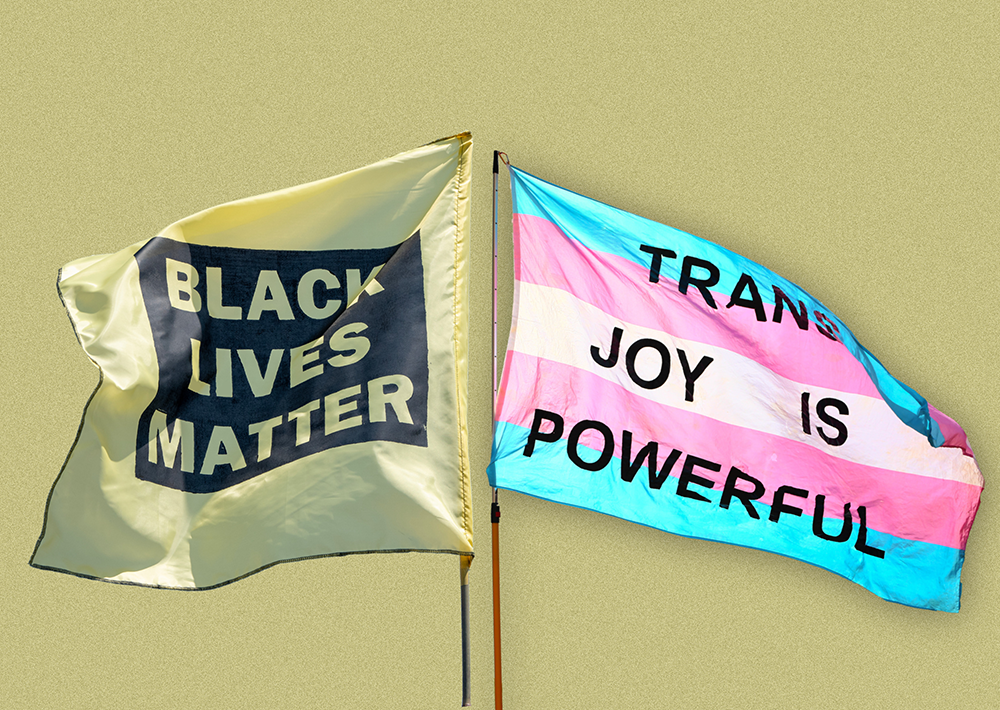Any sane proponent of Britain’s liberal democratic values should be angry. We are facing an apparent crackdown on our once-robust freedoms in the form of a ban on banter. A tweaked clause in Angela Rayner’s Employment Rights Bill, currently making its way through parliament, says that employers must take ‘all reasonable steps’ to prevent harassment of their staff by third parties. It is intended to relieve ‘anxious’ staff of the fear of going to work and being upset by colleagues or punters, and has caused a total meltdown on the free speech right.
Rightly so. The bill could indeed equate to a clampdown on normal back-and-forth between human beings. There are fears that pubs could be sued if their employees are offended when overhearing customers’ conversations. It is clear that such legislation will have a deadening effect, and is just one more legislative move by the government in the wrong direction.
And yet, while I am no fan of the likes of Angela Rayner’s politics, I am secretly rather delighted by the idea of a ‘banter ban’. If only the legislation could just outlaw banter full stop, not threaten conversation, it would be a wondrous thing for the simple reason that banter is awful.
I cannot count the number of times I’ve been caught in a banterous crossfire, only to feel my heart sink and my soul collapse, as unfunny, witless utterances I barely understand fly past. Any form of expression that makes heavy use of the word ‘mate’ makes me cringe, and of course this word is absolutely central to Great British banter. It is always a downer when, settled nicely in the pub, one’s conversation is drowned out by the high-volume grunting and laughing of the lads at the next table. Many are the times I have drunk up and left.
Banter, with all its tiresome noise, can at least be friendly. What is hardly ever friendly is bantz. Bantz is often a synonym for sexual inquisition. It is, for instance, how his defenders described the infernal Gregg Wallace of MasterChef’s comments to and about women over decades – behaviour that landed him in the soup last year. Allegations included lesbian jokes and demands to know about ‘the logistics’ of a colleague’s same-sex dating life; unasked-for updates about how he wasn’t wearing any boxer shorts under his jeans; and taking his top off in front of a female worker. A former contestant on MasterChef said that during her 2008 participation in the show he harassed her and behaved in a manner she found ‘disgusting and repulsive’. He was accused of sending ‘gross texts’ and ‘creepy voicemails’ to a young female reporter, and so on. These allegations are both concerning and typical of boys’ bantz culture.
I cannot count the number of times I’ve been caught in a banterous crossfire, only to feel my heart sink and my soul collapse
After all, this sort of thing can all be seen as a big joke – the motor-mouth liveliness of a great beer-barrel Britishness. It was striking how Wallace’s mate and fellow foodie William Sitwell came to his defence, explaining that with Wallace ‘so thick and fast come the jokes, the one-liners, the very short stories, that you could be forgiven for thinking he’s constantly rehearsing for a one-man show, a comedy tour’. Many a man’s joke is a woman’s torment.
But perhaps the real reason I find banter so foul is that it seems to love itself so much – is such a powerful force in the British lads’ psyche – that it sometimes actually seems to take lads over completely. I always think of that strange episode in happier, pre-Covid times when, in 2017, a bunch of lads holidaying in Ayia Napa went out dolphin-watching and ended up on a trawler that took them to a Russian base in Tartus, Syria, where war was raging. They were quickly returned and everyone had a good laugh. But press around the world lapped it up, implying they’d ended up in the middle of the war. ‘I could not believe how gullible they were,’ said one of the lads. ‘We were just having a laugh! It was banter!’ Quite.
As the journalist Archie Bland, who wrote about the story, noted: ‘Lads: this is the age of banter. It’s long been somewhat about the banter, but over the last few years, it has come to seem that it’s all about the banter – an unabashedly bumptious attitude that took up a position on the outskirts of the culture in the early 90s and has been larging its way towards the centre ever since.’ There is no place for the sensitive or thinking person in this dreadful entity – and certainly not women. So while I’m glad that proud British freedoms are being throatily defended, you won’t find me weeping over the boys having to think twice before letting loose with their noisy banter.








Comments